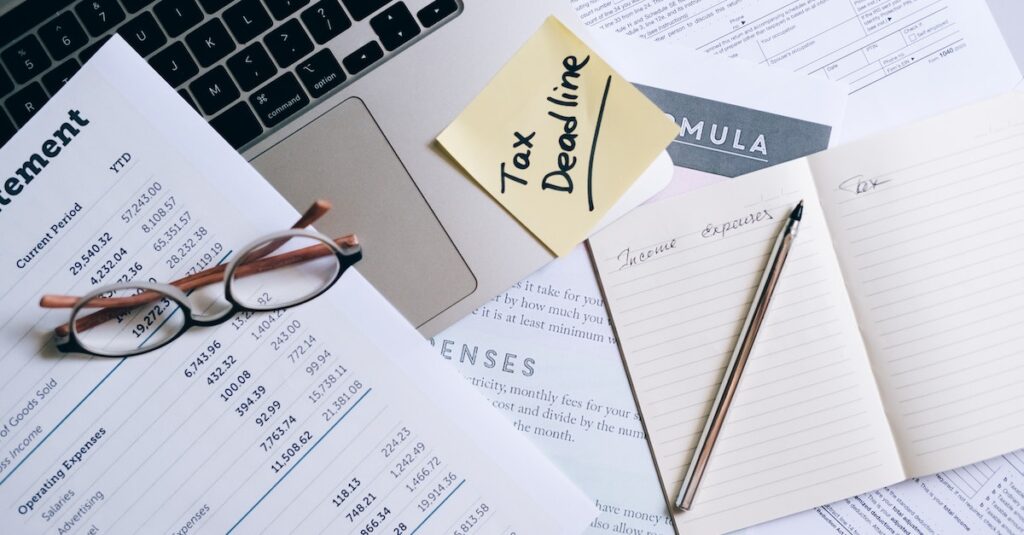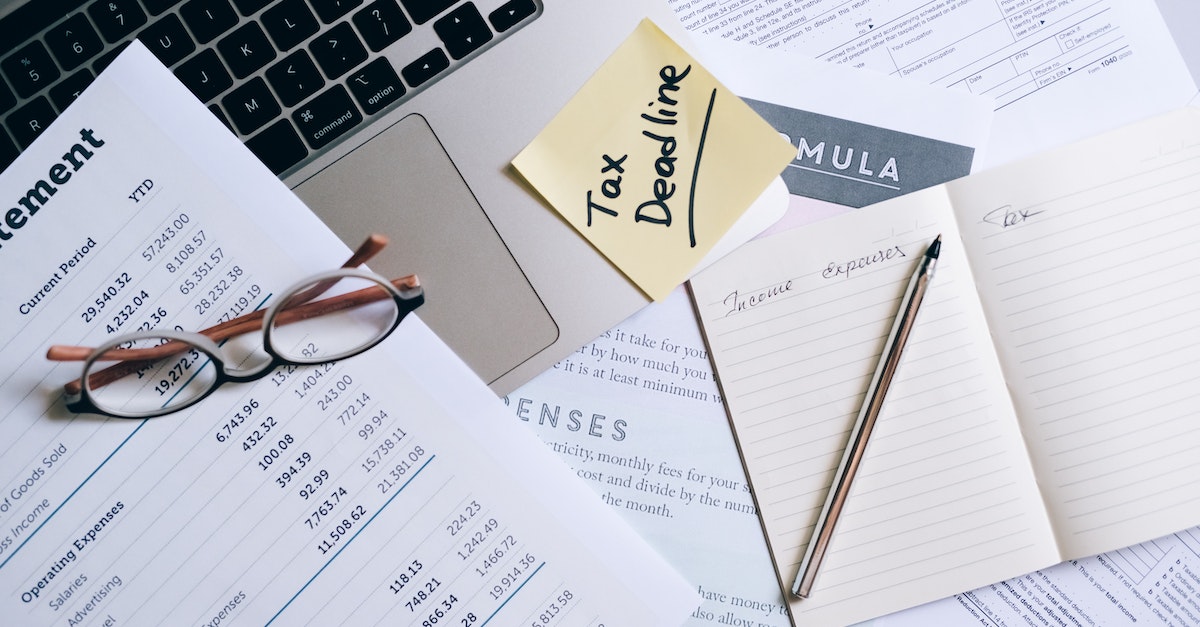
Properly preparing for the end of financial year is an important task for any business owner. If you’re well prepared, the end of the financial year is a breeze. If you leave it to the last minute, creating accurate financial statements and processing your tax return can be a total headache.
In this guide, we’ll cover the essentials you need to know about the end of the financial year and how to prepare for it.
What Does the End of Financial Year Mean?
The financial year follows a different timeline than a traditional year. The financial year, also known as the tax year, is the period of time when your business’s financial activity is recorded for your annual tax contributions and tax return. Tax is not measured from January to December, like in a traditional year. Instead, you need to measure this through the financial year timeline.
The end of the financial year is the period when you close your business’s financial books for the previous fiscal year. This period involves reviewing and reconciling all of your business transactions to prepare an accurate financial statement for your business. Doing this is necessary for tax purposes. The main focus of the end of financial year is to calculate how much tax your business owes SARS and accurately process your tax returns. Having an accurate annual financial statement is also important in case you get audited.
The other important part of the end of financial year is to review your business performance and understand what your profits and losses looked like for the year. This will help you reflect on your business performance to make informed decisions going forward. For public companies, the end of financial year signals the time when the company needs to publish their financial statements to keep investors informed.
When is the End of Financial Year?
The financial year in South Africa runs from the 1st of March to the end of February. If you look at the 2023 tax year, this ends in February 2023. If you look at the 2024 tax year, it ends in February 2024. This means your business’s current finances will contribute to next year’s tax year. Each new tax year comes with new tax rates.
While the end of the financial year is important, there are also other important tax dates throughout the year. These include:
- Provisional taxpayers make their first payment 6 months after the tax year-end, the second payment 12 months after the tax year-end, and a provisional top-up payment 18 months after the tax year-end
- PAYE is due on the 7th of each month
- Companies tax (CIT) is due one year after the company’s year ends
Preparing for the End of Financial Year
Maintaining accurate financial records throughout the year is essential for any business. Not only does this improve your bookkeeping accuracy, but it makes the end of financial year a much easier process. Here are a few things to keep in mind to help make the end of financial year easier:
- Update your financial records regularly: Don’t wait until the end of the financial year to prepare your financial records. These should be regularly updated each day, week, and month to maintain financial accuracy.
- Collect invoices and receipts: Keep all relevant business invoices and receipts, and organize them in an efficient system.
- Use accounting software: Accounting and bookkeeping software tools make it a lot easier to maintain accurate financial records for your business. This will help you produce more efficient financial statements, and it will make your end of financial year a much easier process to manage.
- Keep track of deadlines: Make sure to mark off all of your tax dates and deadlines on your calendar. Late payments and returns can result in penalties.
- Plan your taxes: As a business owner, it’s important that you plan and prepare for the end of financial year well in advance. This should involve settings side taxes each month and forecasting your annual tax contributions long before the end of the financial year arrives.
The end of the financial year is usually a stressful time for any business owner. However, with the right planning, tools, and preparations, managing your year-end finances can be a simple process. It all comes down to being prepared and maintaining accurate, detailed financial records throughout the year. Use the right accounting software to do this, and work with a business accountant and tax practitioner to help you with the different tax processes throughout the year.






